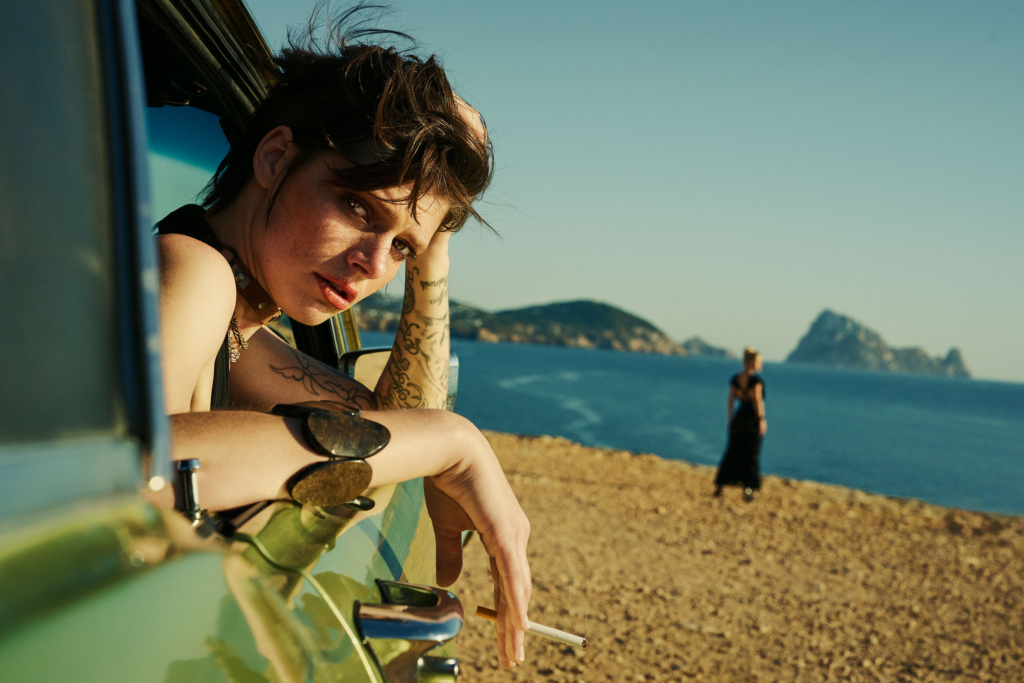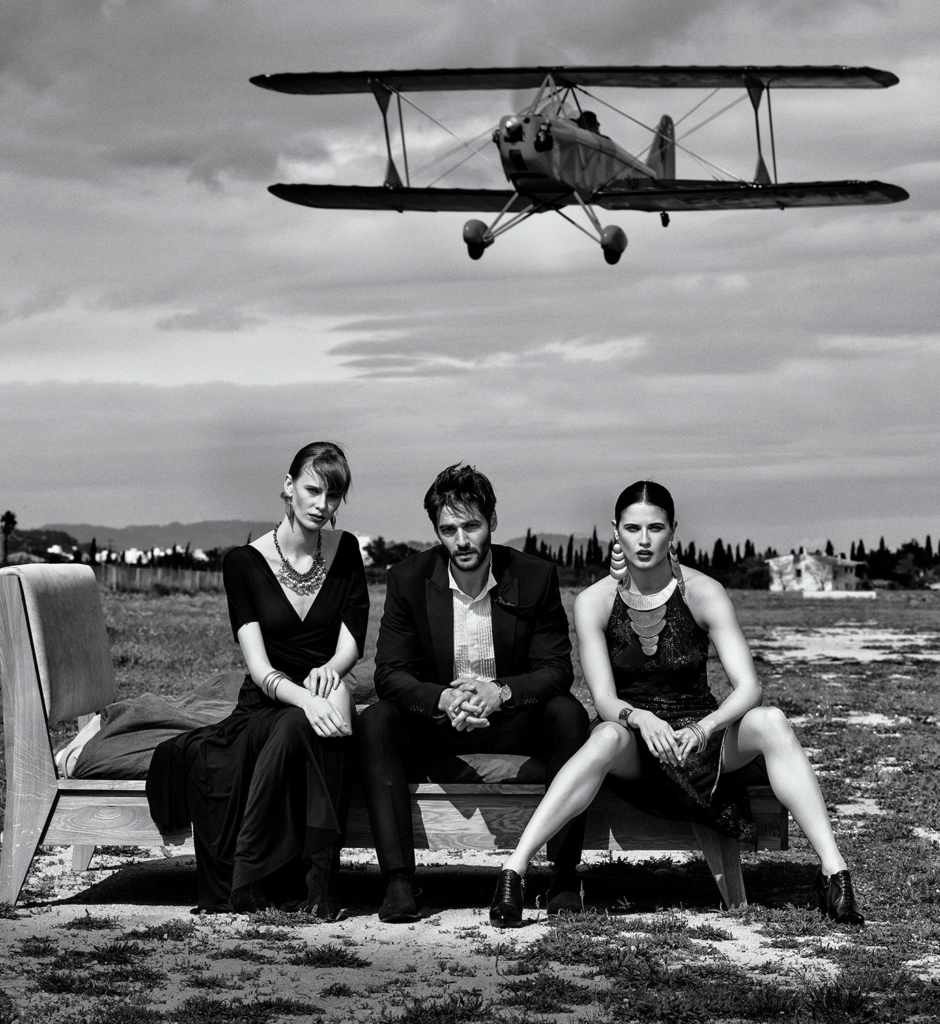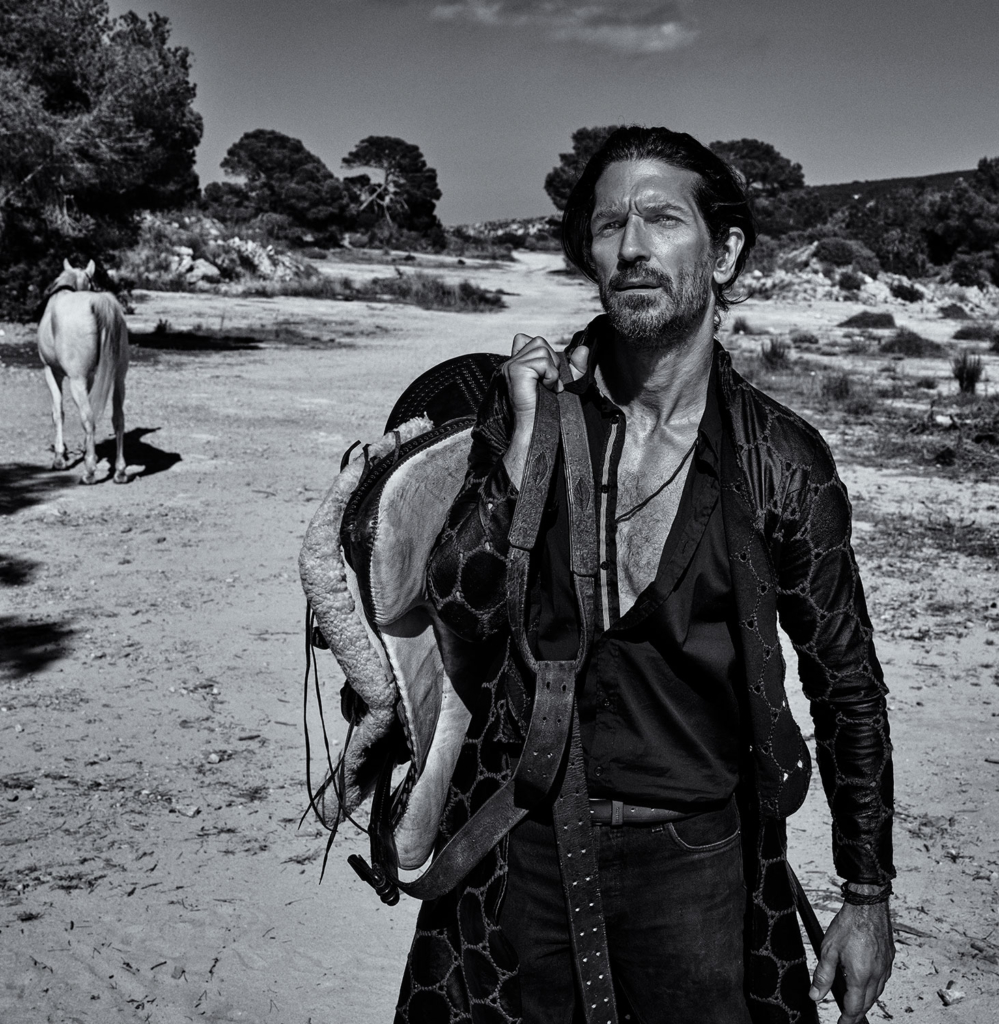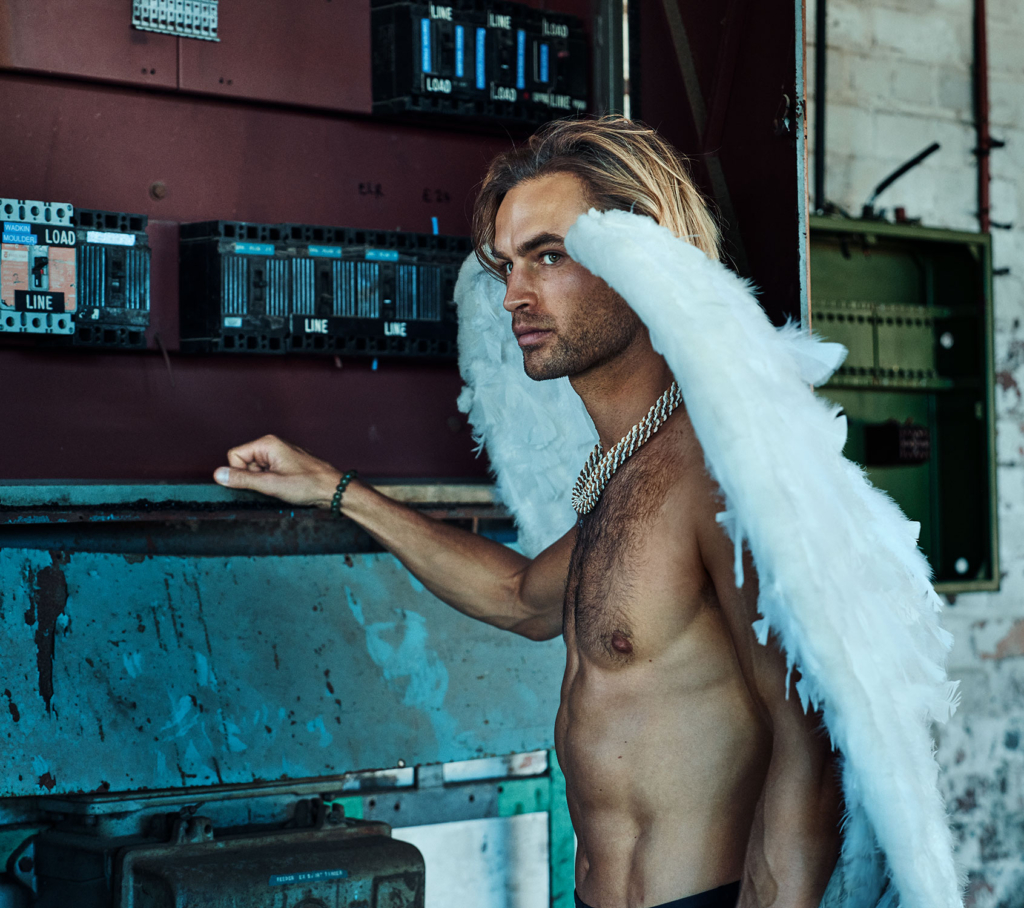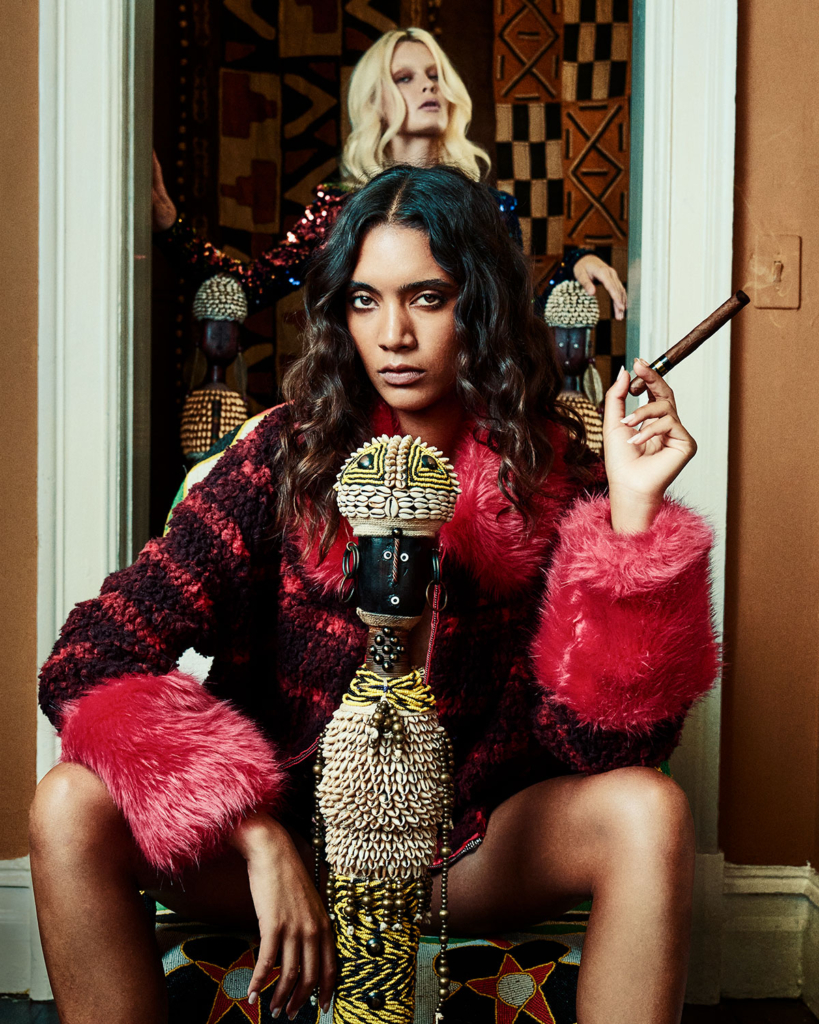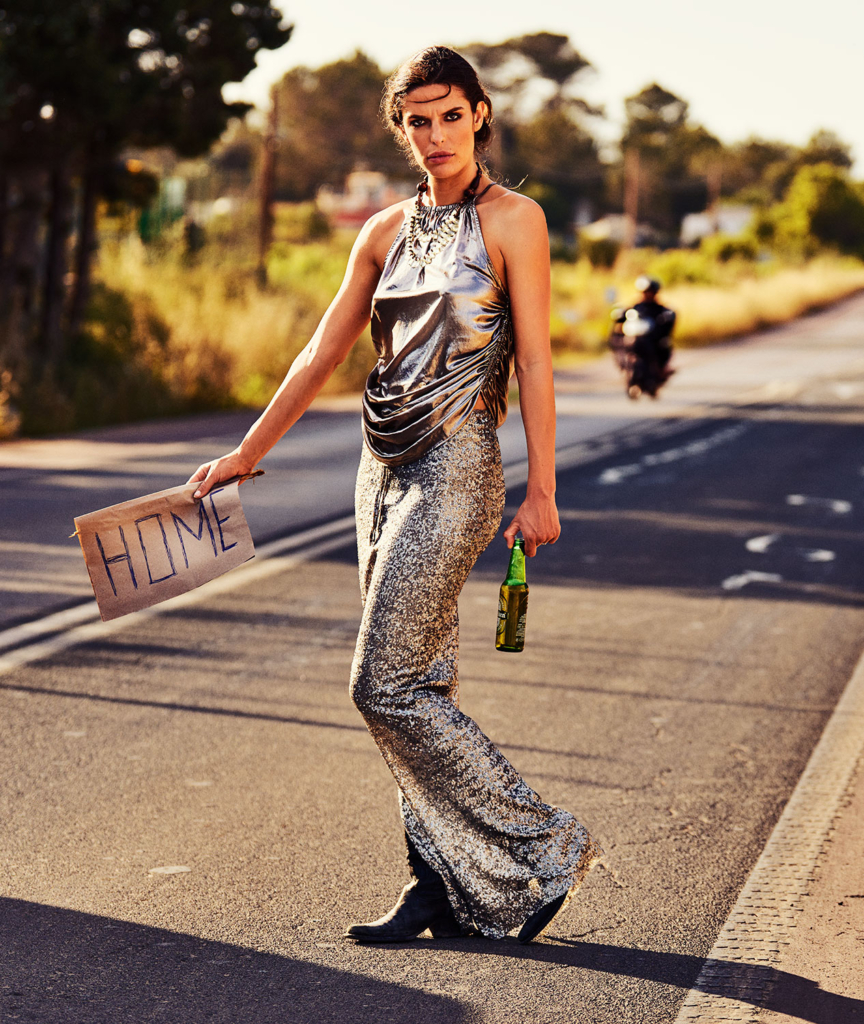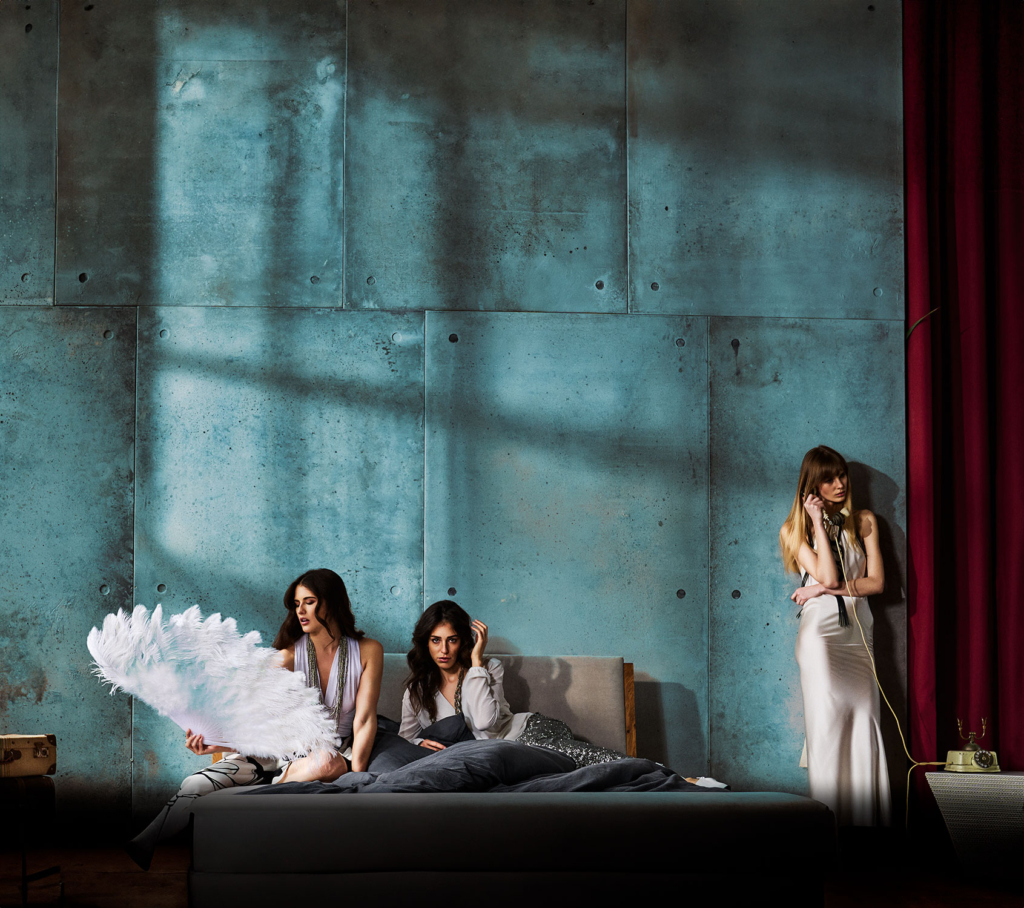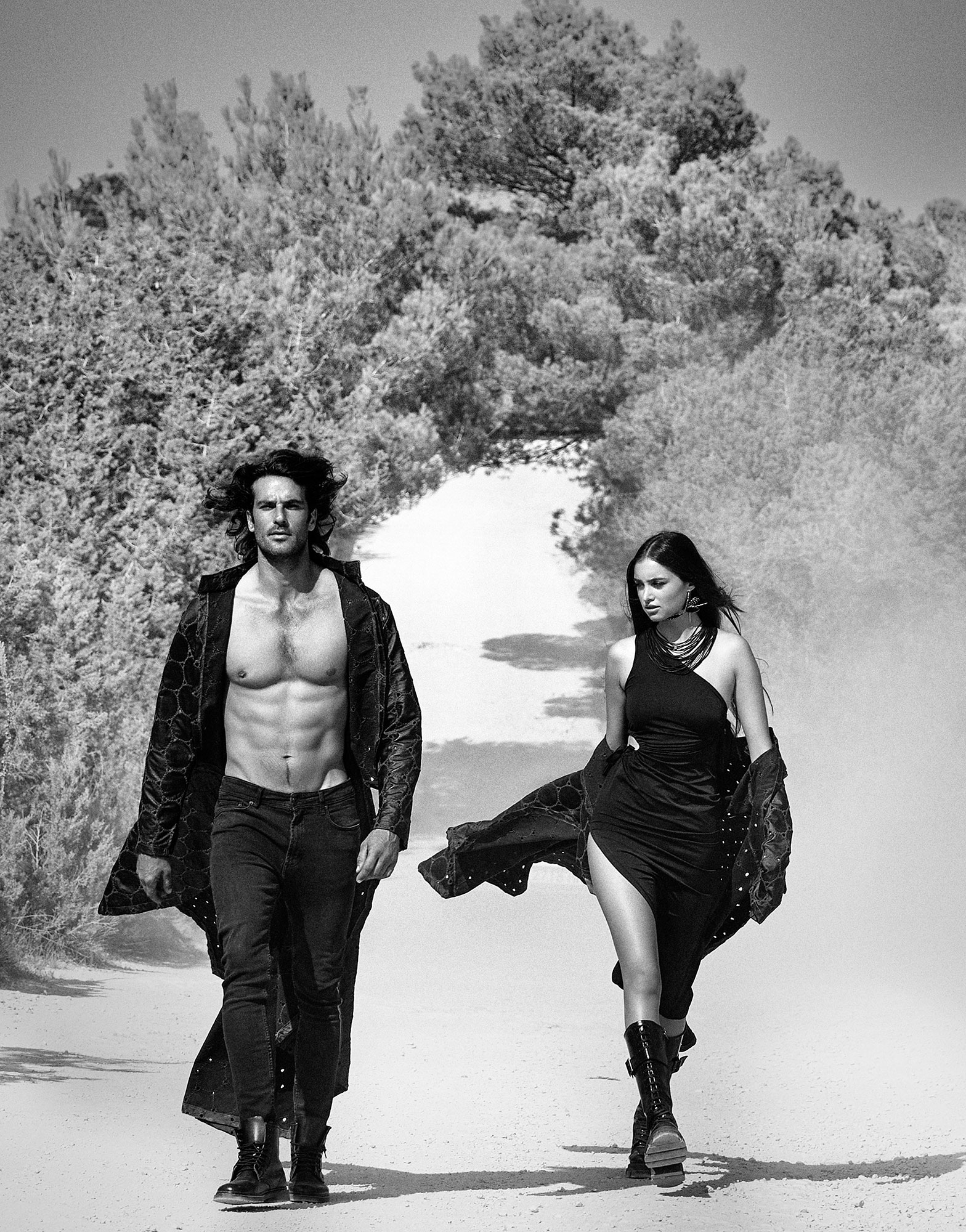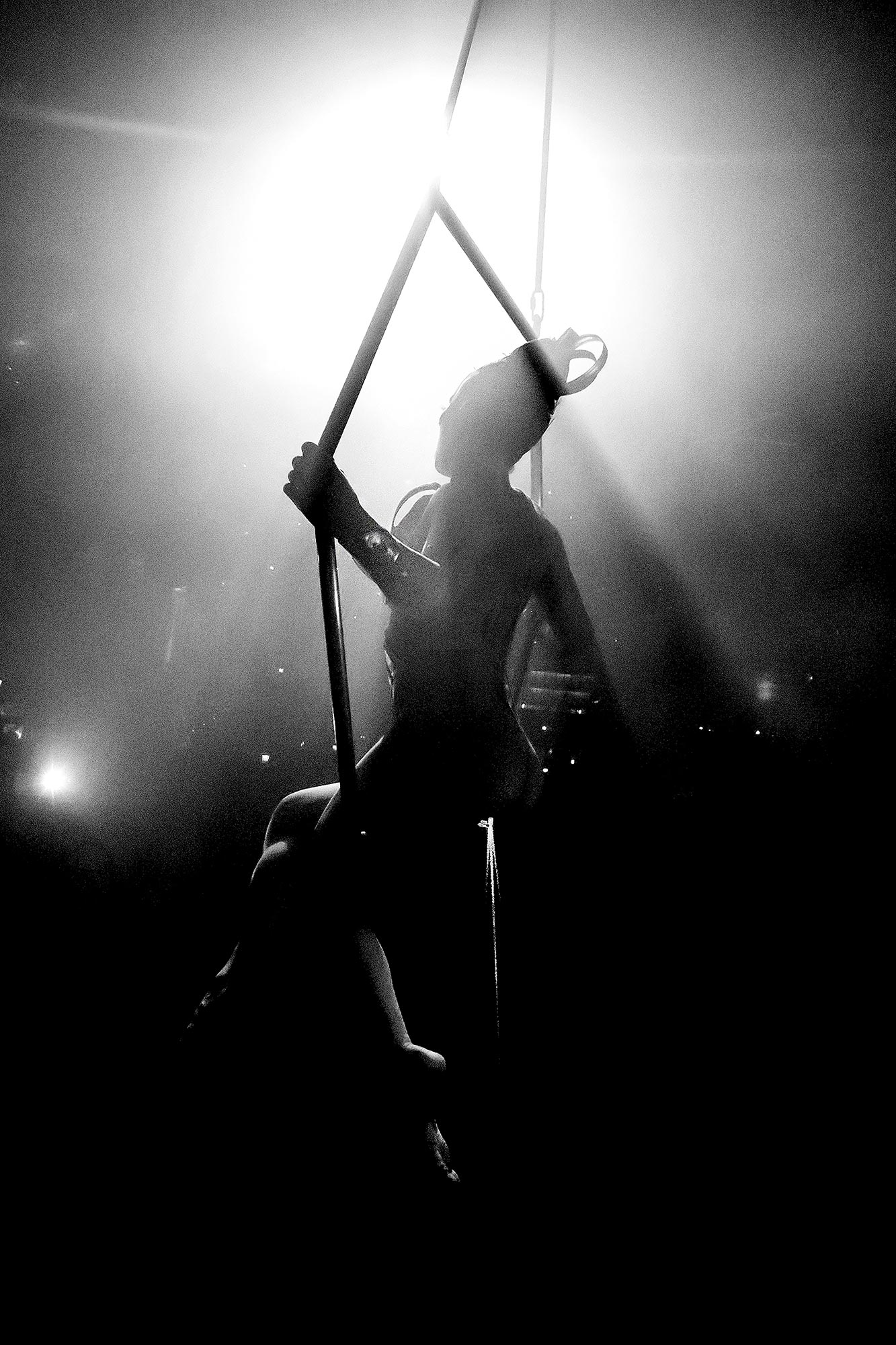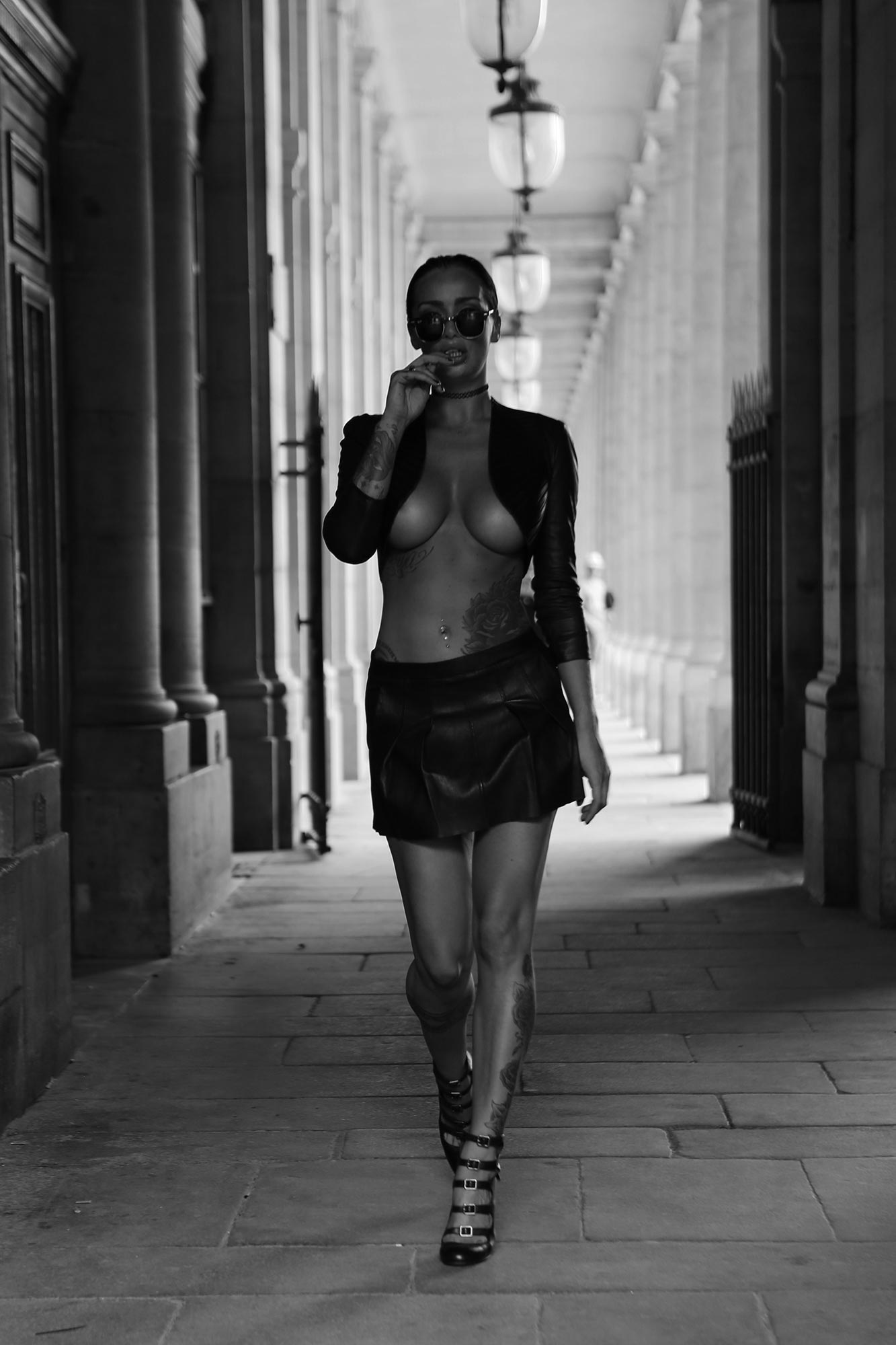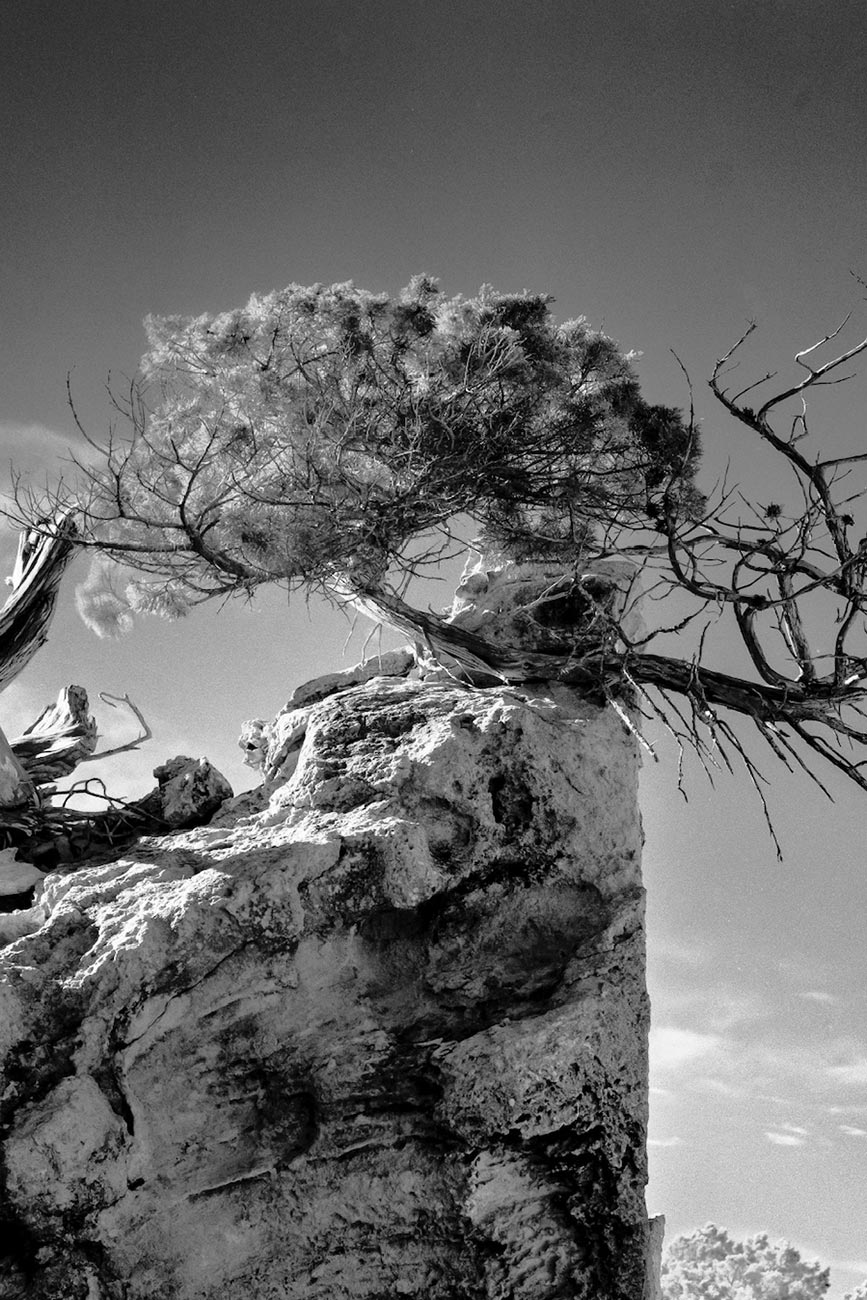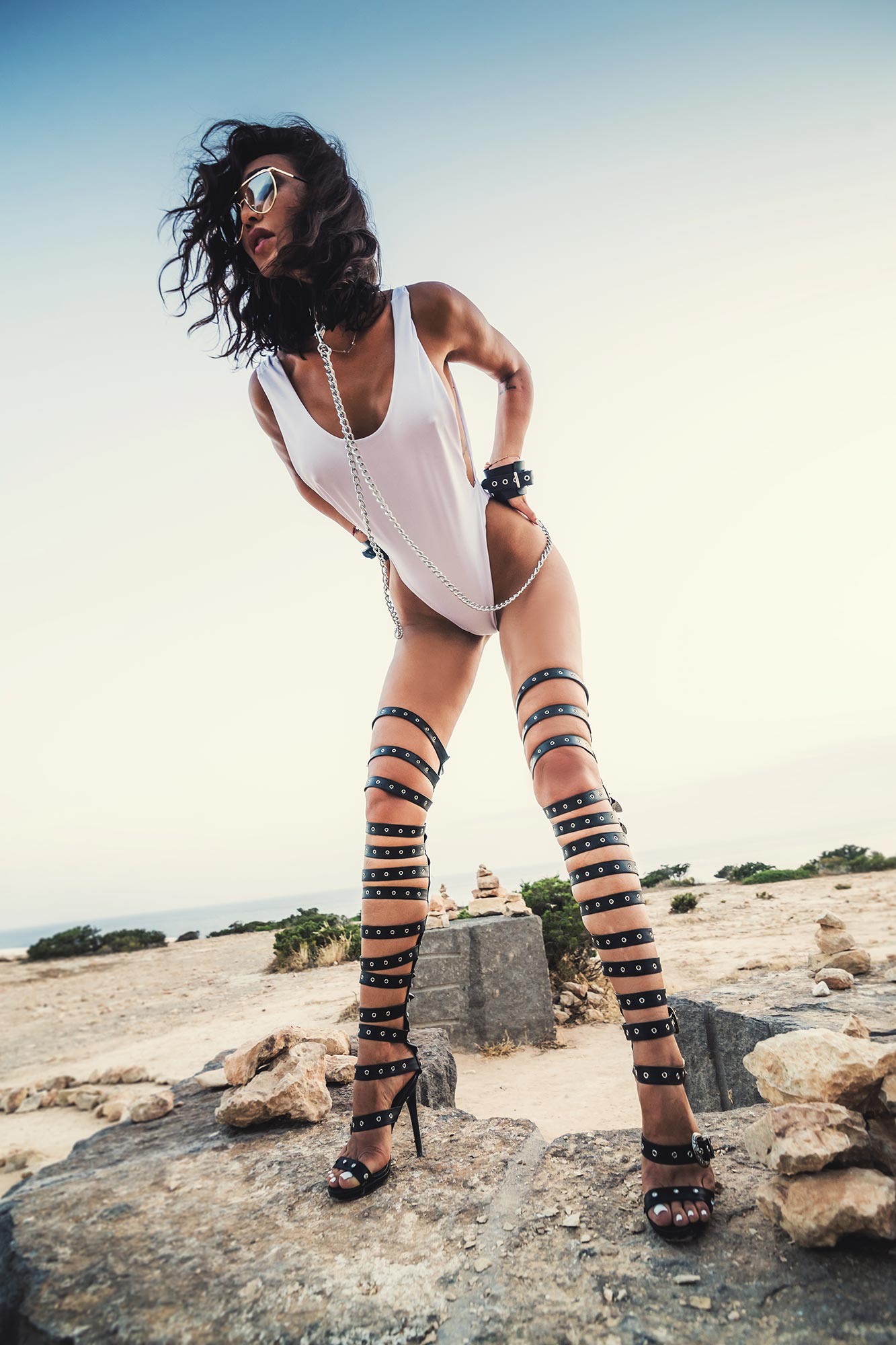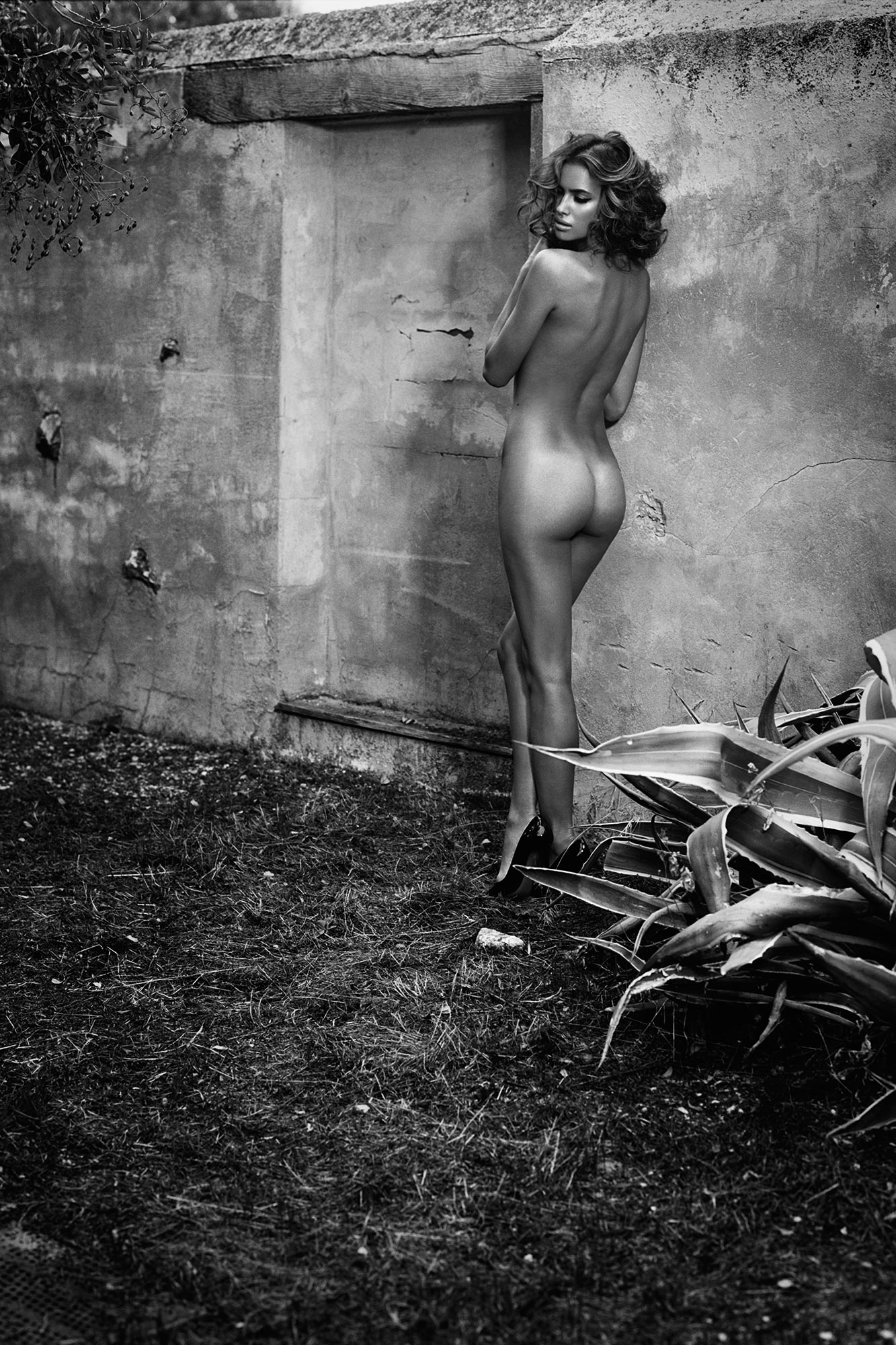What makes a great photographer? There are many talented photographers in our industry who have a good eye and a razor-sharp focus. But what is that special something that turns a picture into a story?
Maybe it is the ability to make the person in front of the camera feel comfortable and open up, to bring out their true personality and let it shine through. And this is exactly what Christian Angerer achieves with his uncomplicated, empathetic and respectful manner.
From mischievous children to wild cheetahs, from models to Hollywood stars, the Munich-based photographer has captured hundreds of faces and moods in his unmistakable cinematic style. He even got rock legend Sting to make the Italian dessert Zabaglione – in the middle of Munich’s heavy traffic!
“I always have my camera with me, and when you go through the world with your eyes open, you can find inspiration in the smallest things,” he explains. “The most important thing is to be honest with the people you meet and build a relationship of trust. If you can do that, you create a whole new space that allows you to invent new stories, stories that are special.”
Remarkably, the photographer rarely uses Photoshop to perfect the look of his subjects in post-production, a very unusual approach in the age of Instagram filters and apps like Face tune.
“When I started out as a photographer, I knew I didn’t want to create these sterile Barbie doll faces, or pictures of people that are altered so much that you don’t recognize the person. For me, wrinkles and other personal features like moles or dimples are important to capture the essence of the person in front of the lens,” says Christian. “I might remove a pimple or a piece of food stuck in a beard, but essentially I work with light and shadow rather than extreme Photoshop beauty retouching. And people love to see themselves as if they were in a feature film.”
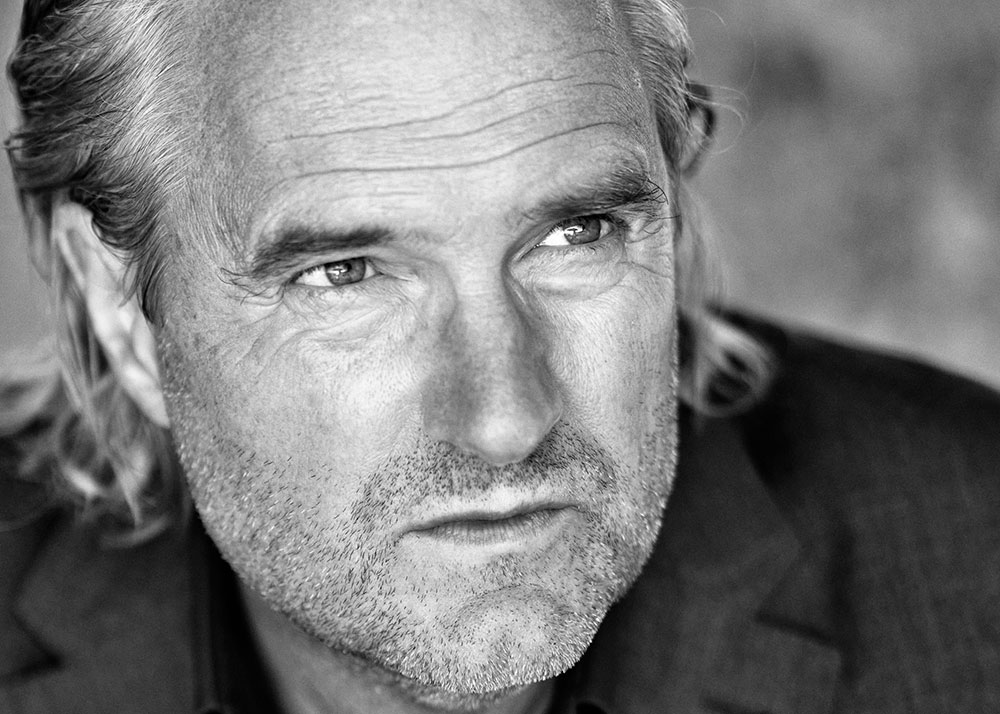
His distinctive cinematic style has been recognized by peers and major advertisers alike. He has received numerous awards for his work on the international stage, including from the Art Directors Club and the Cannes Lions.
It is hard to believe that Christian, who has had a long career in the media industry, only started photographing “professionally” three years ago.
His adventures in the world of the rich and famous began in his twenties as a DJ at the Sugar Shake, a rock discotheque frequented by the likes of Tina Turner and Freddie Mercury. At the same time, he was working at the legendary rock radio station M1.
“I stopped playing records in the club at 5 a.m. and started my daily morning show as a radio host at 6 a.m.,” he laughs. During his time on the air, he interviewed many greats including the David Bowie, Tom Petty, Dusty Hill and Falco, all fascinating personalities.
Moving into radio, television and cinema commercials in 1990, Christian learned how to operate a film camera – he shot around 1,700 video clips, but as he says, “I was not a fan of my own work. The budget was very low and there were hardly any opportunities to realize ideas professionally” and quit video production overnight.
In a happy twist of fate, an acquaintance lent him some Sony equipment, which prompted Christian to pick up the camera again – this time with a focus on photography. To make rapid progress in the field of photography, he took lessons from the best photographers and film colorists. The big difference between photography and film is the photographic flash, which does not exist in film.
Christian creates a cinematic storyboard for each shoot. “I don’t like it when actors or models just pose in a boring way,” he explains, “I want to tell a story with every picture I take that will captivate you. The challenge of cinematic photography is to capture a story in a single shot. Just a single moment, a brief instant that you paint with light and shadow – that’s the magic.
Despite his involvement in this glamorous industry, Christian loves the tranquility and closeness to nature that he enjoys when he visits the Balearic Islands. Formentera in particular has captured his heart.
“I love the absolute peace and isolation. Even if you work 60 hours a week, you can get up early in the morning and go for a run on the beach. Here you are really close to nature and therefore close to yourself,” he says. “For me, this seclusion is the real luxury.
